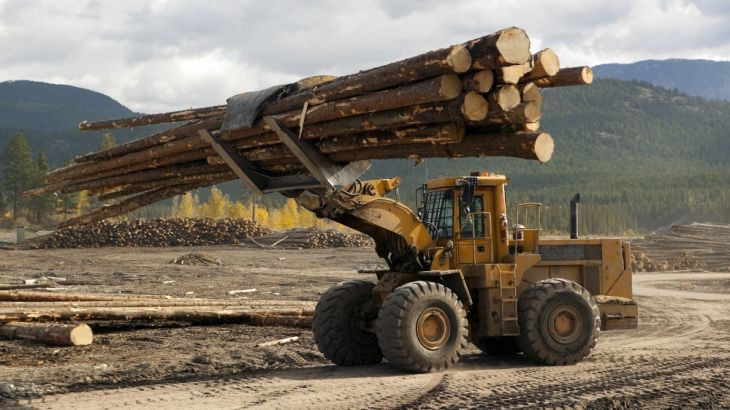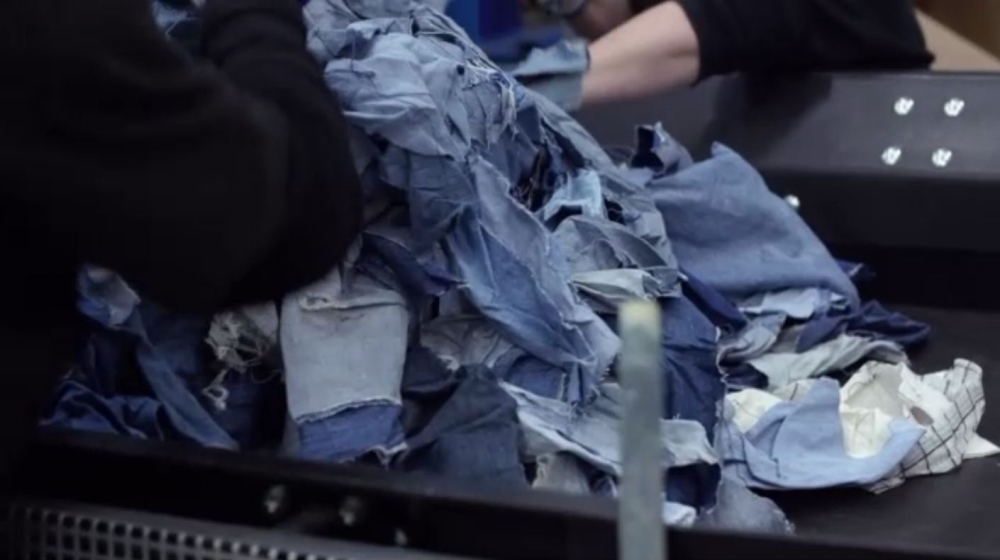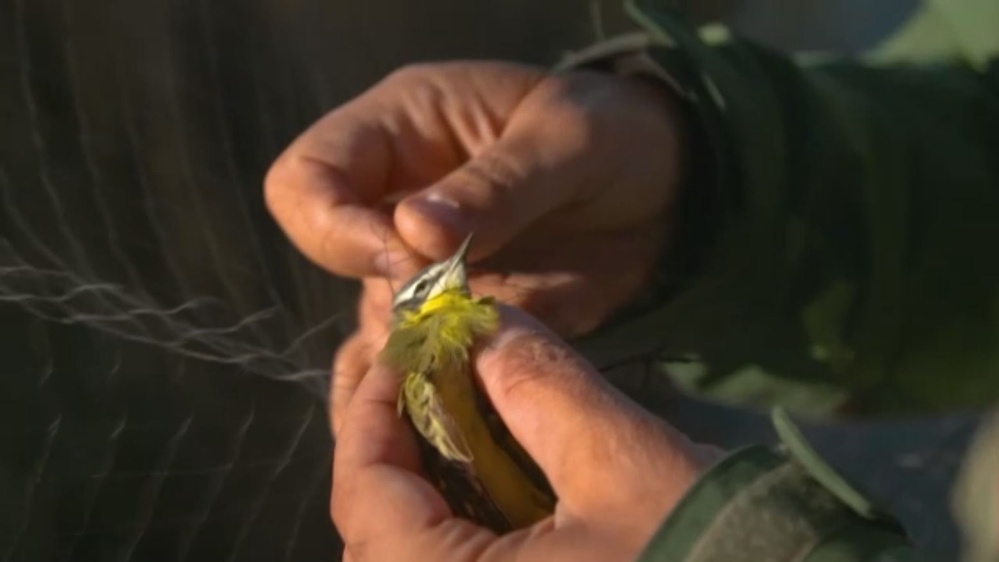
Ecosystem Alert: Protecting Lands in Peril
earthrise meets some of the conservationists fighting to protect the world’s rare and precious ecosystems.
To cope with our growing population we have tripled our exploitation of natural resources in just 40 years.
As a result of the vast expansion of mining, industrial-scale farming, fishing and other human activities, natural ecosystems have lost nearly half of their area, and one million plant and animal species are facing extinction.
Keep reading
list of 4 itemsCould shipping containers be the answer to Ghana’s housing crisis?
Thousands protest against over-tourism in Spain’s Canary Islands
Holding Up the Sky: Saving the Indigenous Yanomami tribe in Brazil’s Amazon
Without the ecological networks which regulate our planet – from cleaning air and water to providing food – we simply cannot survive.
“Ecosystems are just like the systems of your body. As long as they are looked after and managed well, the the body is in good shape. And if they are mismanaged and not cared for, the body could potentially die,” says Rhamis Kent, co-director, the Permaculture Research Institute. “Ecosystem collapse is akin to organ failure in our own bodies. If enough of the organs … are removed or are made sick, the body dies.”
earthrise went to Sweden and Turkey to meet the pioneers striving to protect two of our most valuable remaining ecosystems.
Forest-free Fashion

The fashion industry is worth $1.7 trillion. Every year, textile manufacturers make billions of garments which might only be worn once or twice before ending up in landfill.
This so-called fast fashion is incredibly resource-intensive and one of the key drivers of biodiversity loss and deforestation.
Viscose and rayon are highly prized fabrics and demand for them is on the rise. But these materials have a dark secret. Millions of primary forest trees, thousands of years old and irreplaceable, are being used to create the pulp, which makes everything from T-shirts to jeans.
The number of trees and forests destroyed not only devastates the surrounding land but also releases tonnes of carbon back into the atmosphere.
In Sweden, the non-profit company Canopy is spearheading a drive to change this while getting some of the biggest fashion brands in the world on board.
The company was founded by conservationist Nicole Rycroft, who hopes that convincing brands to make more eco-friendly clothes – by using recycled fabric and developing more sustainable supply chains – will help protect the world’s forests.
“In my experience it’s some of these big global brands, they have the ability to actually engage their suppliers to stop them from logging in ancient and endangered forest ecosystems,” Rycroft says.
She says consumers must also push for change.
“Clothing touches all of our lives on a daily basis … It has a big footprint,” she says. “And it’s exactly because of that reason is that we need them [consumers] to be part of the solution.”
Wetland Haven

On the Aras River in the northeast of Turkey, ornithologist Cagan Sekercioglu is working with the local community to monitor a rare pocket of wetland which is threatened by the impending construction of a dam.
The wetland is one of the main resting and breeding areas in the country for migratory birds including 16 endangered species.
Sekercioglu and his team are tagging and monitoring birds to prove the environmental significance of the area. They hope they can convince the government to grant it protection.
“It is one of the most special wetlands on the planet,” says Sekercioglu, who was taken by the place on his first visit.
“It was so exciting and it was so beautiful and I mean, really, I did not expect after 15 years we would have recorded almost 300 bird species.”
This is not his first time in advocacy. In 2009, data collected by his team helped secure protections for a lake area north of Aras.
“These days if you are studying biodiversity it’s almost impossible not to become an activist because you are studying things that are being destroyed every moment you study them,” he says.